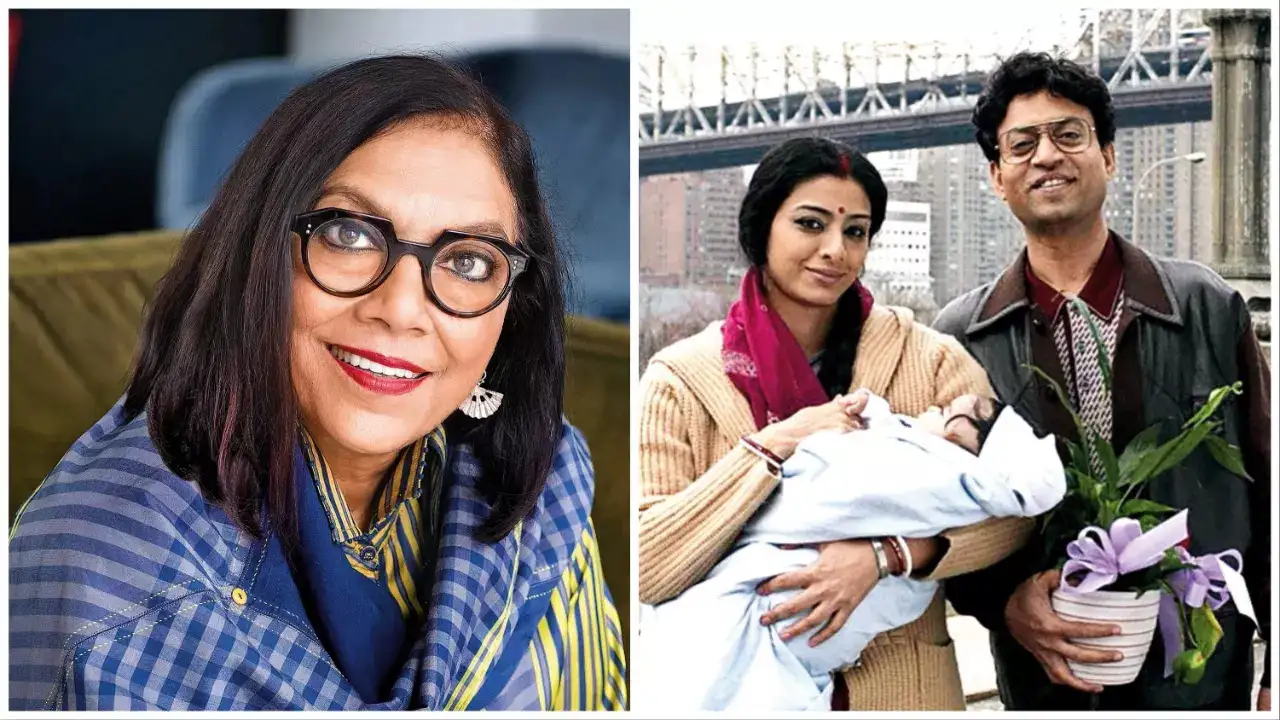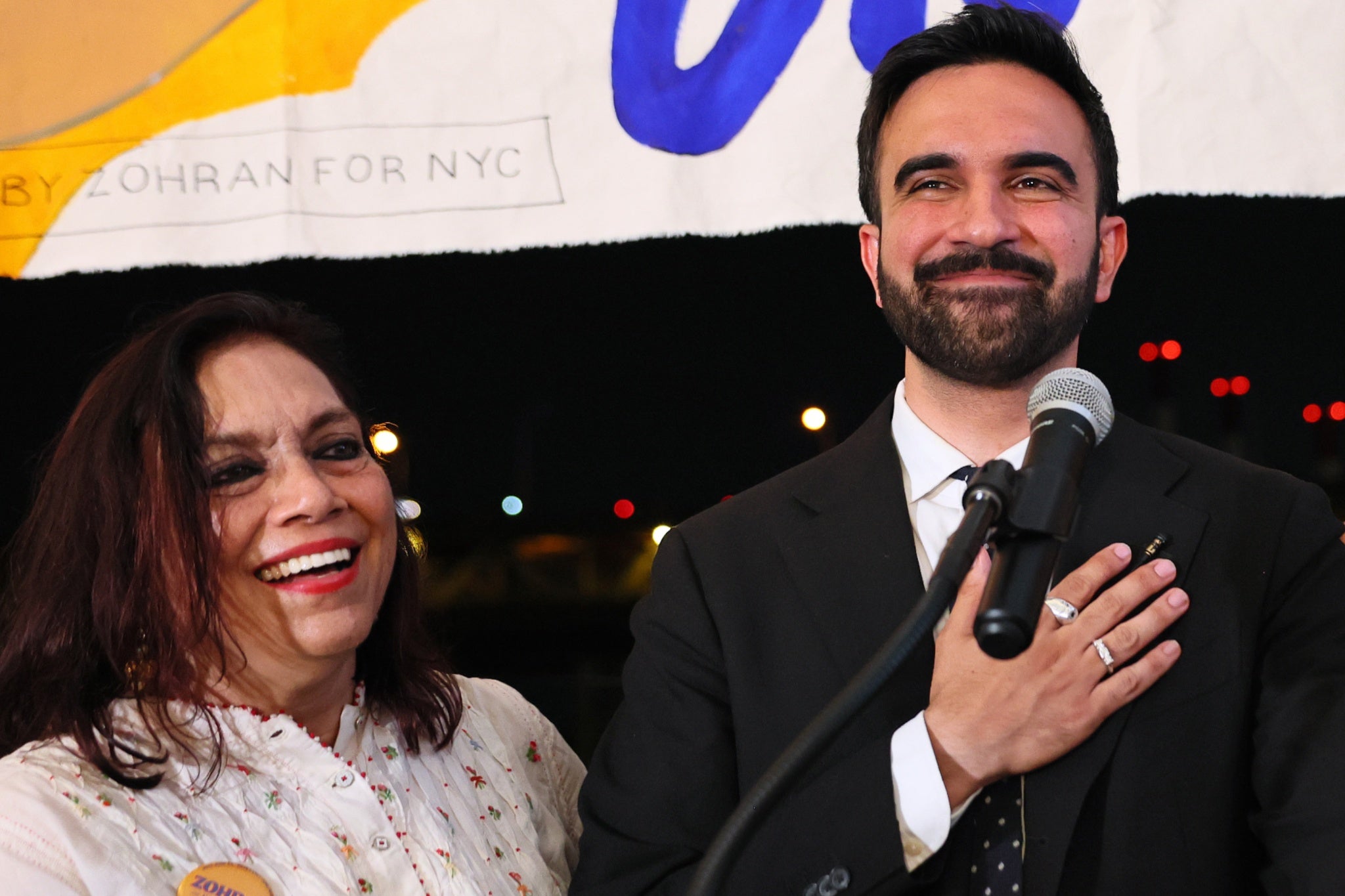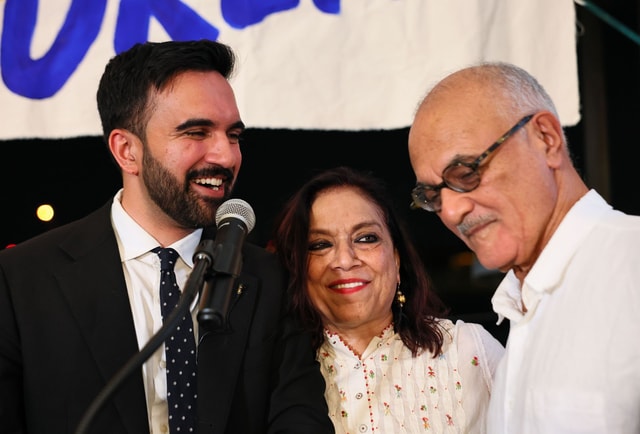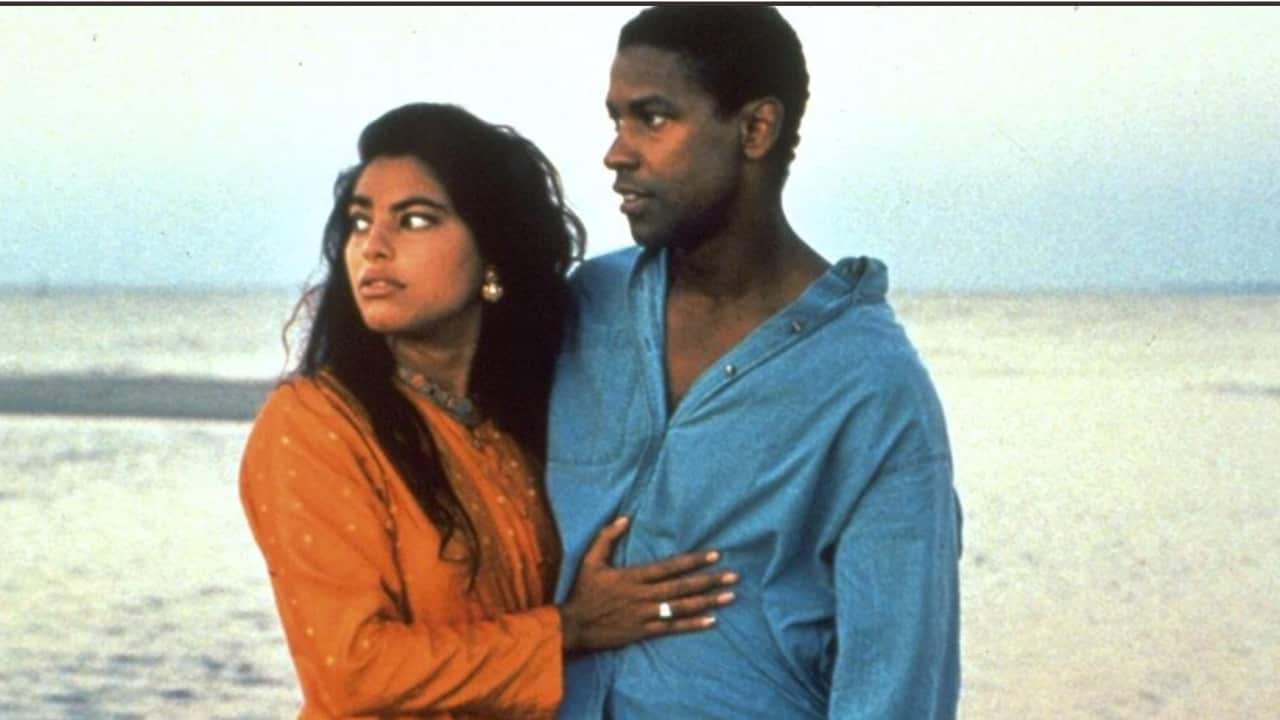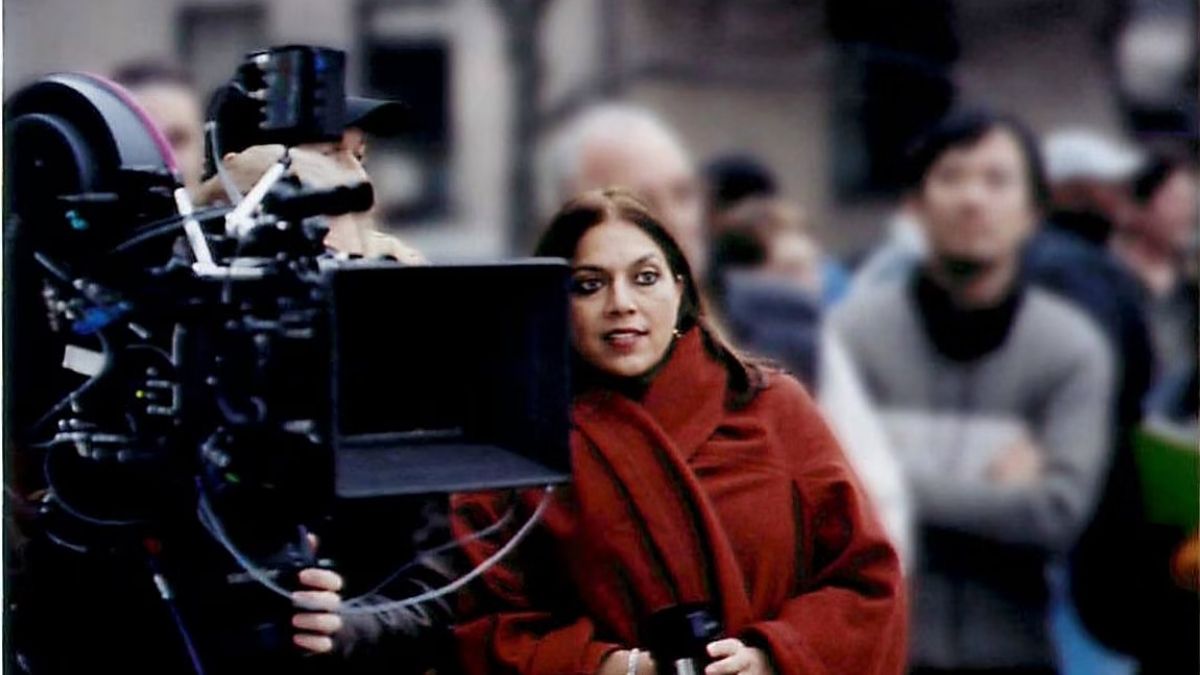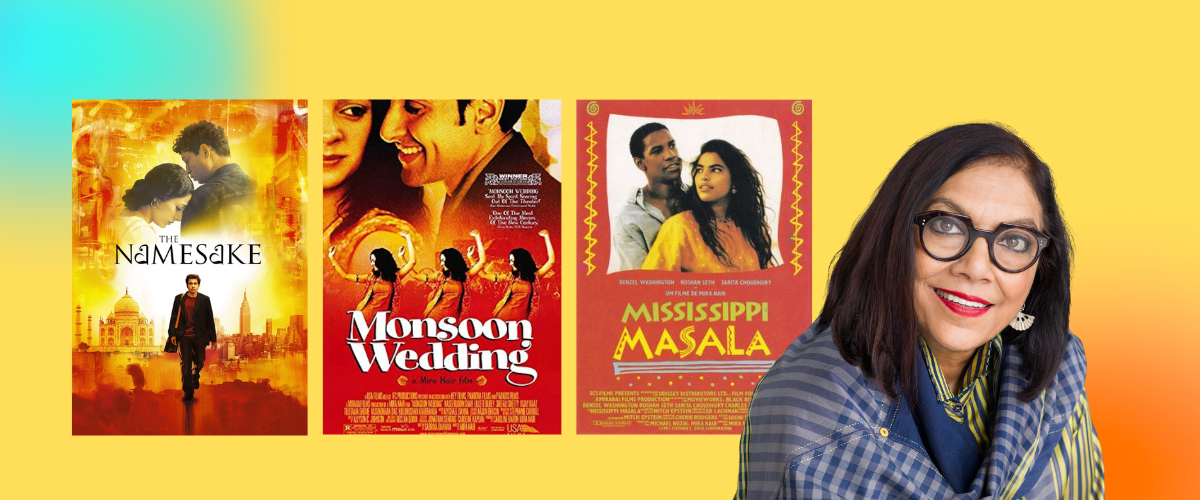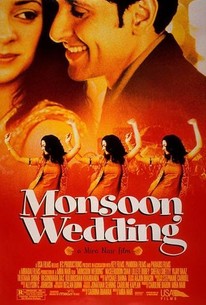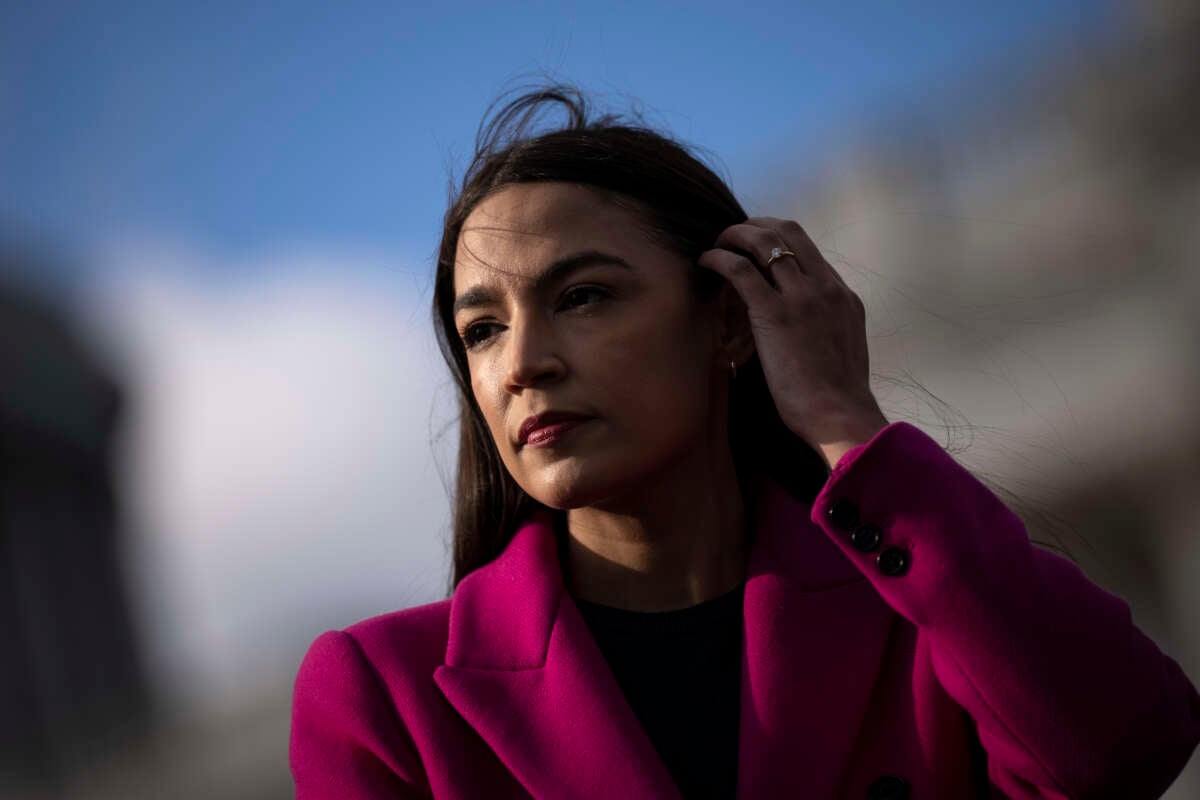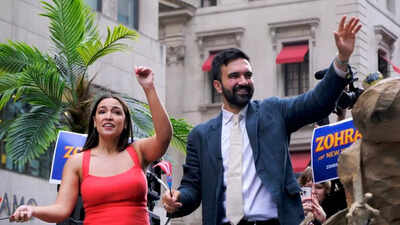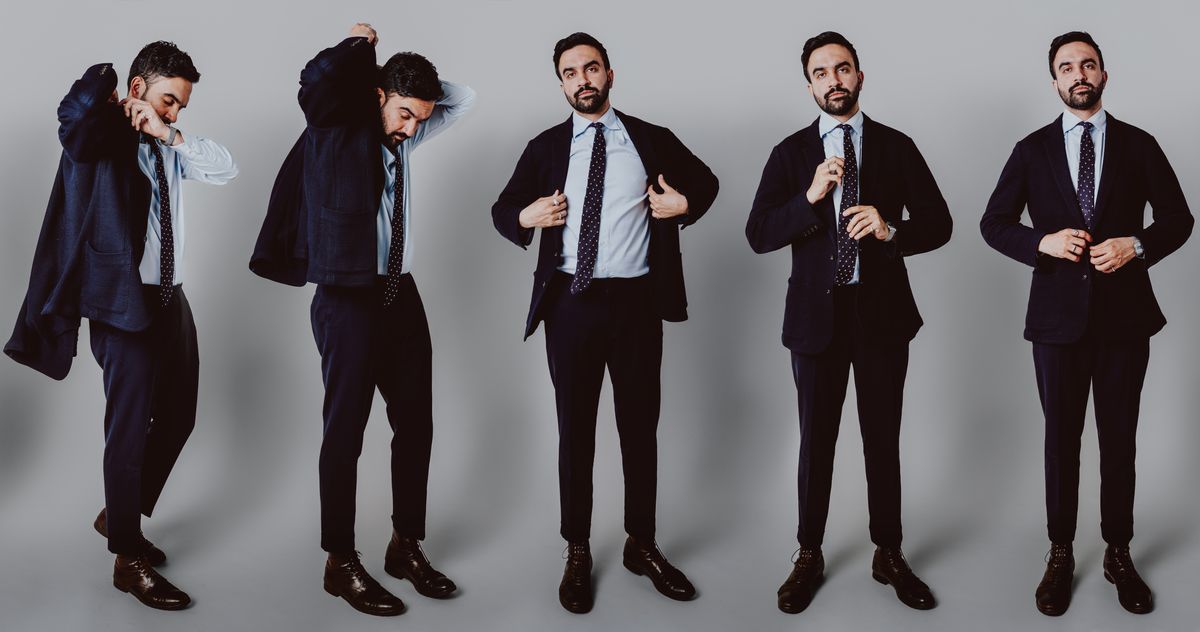Reexamining the 2002 Gujarat Riots: Legal Facts, Historical Context, and a Call to End the Demonization of Narendra Modi
Introduction
The 2002 Gujarat riots remain one of the most painful and politically charged events in modern India’s history. Sparked by the horrific burning of the Sabarmati Express in Godhra on February 27, 2002—which killed 59 Hindu pilgrims returning from Ayodhya—the violence that followed claimed over 1,000 lives, most of them Muslim, and left deep communal scars.
For more than two decades, the tragedy has been invoked in global discourse, often as a moral weapon against Prime Minister Narendra Modi, who was then the Chief Minister of Gujarat. Critics continue to accuse him of complicity or indifference, while supporters cite exhaustive legal investigations that cleared him of wrongdoing. This article revisits the events, legal findings, and historical patterns to present a fact-based, nuanced understanding—while urging a move away from perpetual demonization toward reconciliation and historical honesty.
The Trigger and the Tragedy
The spark was the Godhra train burning, which the Nanavati-Mehta Commission later concluded was a premeditated act of arson. The victims were mostly kar sevaks returning from a religious ceremony in Ayodhya. The incident provoked an explosive backlash across Gujarat.
Over the following weeks, violence spread rapidly, engulfing cities like Ahmedabad, Vadodara, and Surat. Homes, shops, and places of worship were burned. Women were assaulted, children killed, and neighborhoods torn apart. According to official figures, around 1,000 people died—though some independent estimates suggest the toll was closer to 2,000.
The tragedy was both a humanitarian disaster and a governance crisis. Police forces were overwhelmed, and communal tensions—decades in the making—boiled over into unrestrained chaos.
Legal Investigation: The Supreme Court’s Verdict
In the aftermath, civil society and victims’ families demanded justice and accountability. Responding to public outcry, the Supreme Court of India took unprecedented oversight measures.
In 2008, it constituted a Special Investigation Team (SIT) led by veteran officers, directly supervised by the court. The SIT’s mandate included probing allegations of state complicity, dereliction of duty, and potential conspiracy. After years of inquiry, including the examination of thousands of witnesses and extensive forensic evidence, the SIT submitted its report in 2012.
Its conclusion: no prosecutable evidence existed against Narendra Modi or 63 other high-ranking officials. Modi was granted what the media dubbed a “clean chit.”
Zakia Jafri, widow of slain Congress MP Ehsan Jafri, challenged this finding, alleging the SIT ignored evidence. Her protest petition journeyed through the courts for nearly a decade. In June 2022, the Supreme Court dismissed her appeal, upholding the SIT’s integrity and describing the case as an attempt “to keep the pot boiling.”
This was not a dismissal of the riots’ horror, but a judicial affirmation that culpability cannot be assumed without proof. The verdict—after two decades of scrutiny—constitutes Modi’s legal exoneration under the world’s largest democracy’s highest judicial authority.
Justice Delivered: Convictions and Accountability
While Modi was cleared, the courts did convict many perpetrators of the violence.
-
Naroda Patiya massacre (2012): 32 individuals, including former BJP minister Maya Kodnani and Bajrang Dal leader Babu Bajrangi, were convicted for killing 97 Muslims. Kodnani was later acquitted by the Gujarat High Court in 2018 for lack of conclusive evidence, though the Supreme Court has since reviewed related aspects of the case.
-
Ode massacre (2016): 24 people were convicted for killing 11 Muslims; 11 were sentenced to life imprisonment.
-
Bilkis Bano case: Eleven men convicted for gang-raping a pregnant Muslim woman and murdering her family were sentenced to life imprisonment. Their controversial early release in 2022 was overturned by the Supreme Court in 2024, sending them back to prison.
These convictions—many of which targeted political allies of the then-government—demonstrate that the justice system functioned, albeit slowly. Courts operated independently and punished the guilty, regardless of affiliation.
Historical Context: Gujarat’s Riots Before 2002
The 2002 riots did not emerge from a vacuum. Gujarat had a long history of communal violence, often under Congress rule:
-
1969 Ahmedabad riots: More than 660 people were killed and thousands displaced.
-
1985 violence: Triggered by caste-based reservation protests, it spiraled into Hindu-Muslim clashes.
-
1990s riots: Communal tensions flared repeatedly in Surat, Vadodara, and other cities.
By the time Modi took office in late 2001, Gujarat was already prone to communal polarization and periodic unrest. While he bears administrative responsibility for the state’s response, the violence reflected deep-rooted historical divisions—not a conspiracy unique to his leadership.
The Aftermath: Gujarat’s Peace and Progress
Perhaps the most underappreciated fact is that since 2002, Gujarat has not experienced a major communal riot. For 12 years, until Modi became Prime Minister in 2014, the state remained largely peaceful.
Observers attribute this to institutional reforms, improved policing, and proactive governance. Modi’s administration emphasized rapid economic growth, infrastructure development, and investment-friendly stability. Gujarat emerged as a model of governance, shifting from a symbol of division to one of industrial dynamism.
Even critics concede that the state’s communal calm since 2002 marks a significant departure from its volatile past. Whether this peace came from genuine reconciliation or tight administrative control is debated—but the outcome is undeniable.
Political Demonization and the Zohran Mamdani Controversy
Two decades later, global political discourse still resurrects 2002—often divorced from judicial facts. New York Assembly member Zohran Kwame Mamdani, for example, recently labeled Modi a “war criminal” while accusing him of fostering exclusionary politics.
Mamdani’s stance reflects a broader trend in Western progressive circles: moral absolutism without full context. While criticism of any leader’s policies is legitimate, equating a democratically elected leader—repeatedly cleared by independent courts—with genocidal intent misrepresents both the Indian judiciary and democratic accountability.
His comments during 2025 Diwali events in New York sparked backlash across Indian diaspora communities, many of whom view Modi’s tenure as transformative for India’s global standing.
Public figures like Mamdani would contribute more meaningfully to global justice debates by engaging holistically—with all evidence, not selectively—and by recognizing India’s complex evolution since 2002.
Out-of-the-Box Reflection: What the Riots Teach the World
The Gujarat riots are not just an Indian tragedy; they are a global case study in governance during civil unrest. Three lessons stand out:
-
Institutional Resilience Matters: India’s judiciary, despite political turbulence, demonstrated independence and rigor over two decades of review.
-
Historical Honesty Over Political Expediency: Selective outrage corrodes credibility. Genuine peace requires acknowledging both the victims and the verified facts.
-
Global Media Responsibility: Western coverage of the riots often simplified a complex socio-political tragedy into a binary morality tale. The “Modi question” became a narrative lens for broader ideological battles rather than a quest for truth.
Conclusion: Moving Beyond Perpetual Demonization
The Gujarat riots of 2002 were a dark episode in India’s democratic journey—a moment of deep collective failure. But justice, in large part, has been served. The guilty were punished; the innocent were cleared.
To continue vilifying Narendra Modi despite exhaustive judicial findings is not moral vigilance—it is political opportunism. India’s democracy deserves a more mature conversation: one that honors victims, holds individuals accountable based on evidence, and celebrates the nation’s ability to evolve beyond its darkest days.
History’s role is not to freeze blame but to illuminate progress. Gujarat has changed. India has changed. It’s time the narrative did too.
२००२ के गुजरात दंगे: न्यायिक तथ्य, ऐतिहासिक परिप्रेक्ष्य, और नरेंद्र मोदी के प्रति दानवीकरण समाप्त करने का आह्वान
प्रस्तावना
२००२ के गुजरात दंगे आधुनिक भारत के इतिहास की सबसे दर्दनाक और राजनीतिक रूप से विवादित घटनाओं में से एक हैं। २७ फरवरी २००२ को गोधरा में सबर्मती एक्सप्रेस की एक बोगी को जलाए जाने से — जिसमें अयोध्या से लौट रहे ५९ हिंदू यात्रियों की मृत्यु हुई — पूरे राज्य में हिंसा भड़क उठी। इस हिंसा में एक हज़ार से अधिक लोगों की जान गई, जिनमें अधिकांश मुस्लिम थे, और हज़ारों विस्थापित हुए।
दो दशकों से यह त्रासदी राजनीतिक और अंतरराष्ट्रीय विमर्श का हथियार बनी हुई है। आलोचक तत्कालीन मुख्यमंत्री नरेंद्र मोदी पर मिलीभगत या उदासीनता के आरोप लगाते हैं, जबकि समर्थक कहते हैं कि स्वतंत्र न्यायिक जांचों ने उन्हें निर्दोष पाया है। यह लेख तथ्यों, न्यायिक निष्कर्षों, और गुजरात की ऐतिहासिक पृष्ठभूमि का पुनर्मूल्यांकन करता है — ताकि भावनाओं से नहीं, बल्कि तथ्यों से न्याय हो सके।
घटना और त्रासदी
गोधरा ट्रेन जलाने की घटना ने चिंगारी का काम किया। नानावटी–मेहता आयोग ने बाद में निष्कर्ष निकाला कि यह पूर्व नियोजित साजिश थी। मारे गए लोग अयोध्या से लौट रहे कारसेवक थे। इस घटना ने पूरे गुजरात में प्रतिशोध की लहर फैला दी।
आने वाले हफ्तों में अहमदाबाद, वडोदरा, सूरत और अन्य शहरों में हिंसा फैल गई। घर, दुकानें, मस्जिदें और मंदिर जलाए गए। महिलाओं के साथ दुष्कर्म, बच्चों की हत्या, और भीड़ की बर्बरता के भयावह दृश्य सामने आए। आधिकारिक आंकड़ों के अनुसार लगभग १,००० लोग मारे गए, जबकि स्वतंत्र रिपोर्टें २,००० तक का अनुमान देती हैं।
यह त्रासदी केवल मानवीय नहीं, बल्कि प्रशासनिक विफलता भी थी। पुलिस बल थक गए थे, और दशकों से बढ़ती साम्प्रदायिक दरारें भयानक रूप में फट पड़ीं।
न्यायिक जांच: सुप्रीम कोर्ट का निर्णय
विस्तृत जांच और जवाबदेही की मांग पर भारत के सर्वोच्च न्यायालय ने खुद हस्तक्षेप किया।
२००८ में अदालत ने एक विशेष जांच दल (SIT) गठित किया, जो सीधे सुप्रीम कोर्ट की निगरानी में कार्य करता था। इसका दायित्व था दंगों से जुड़ी हर साजिश, प्रशासनिक विफलता, और संभावित मिलीभगत की जांच करना। वर्षों की गहन जांच, हज़ारों गवाहों के बयान और फॉरेंसिक प्रमाणों के बाद, SIT ने २०१२ में अपनी रिपोर्ट सौंपी।
निष्कर्ष था: नरेंद्र मोदी या अन्य ६३ अधिकारियों के विरुद्ध अभियोग चलाने योग्य कोई प्रमाण नहीं मिला।
कांग्रेस सांसद एहसान जाफरी की विधवा जकिया जाफरी ने इस रिपोर्ट को चुनौती दी और कहा कि SIT ने साक्ष्यों को नज़रअंदाज़ किया। यह याचिका वर्षों तक न्यायालयों में चली। जून २०२२ में सुप्रीम कोर्ट ने जाफरी की याचिका खारिज करते हुए SIT की निष्पक्षता को बरकरार रखा और टिप्पणी की कि यह याचिका “राजनीतिक कारणों से मुद्दे को जीवित रखने का प्रयास” थी।
इस निर्णय ने यह स्थापित किया कि साक्ष्यहीन आरोपों पर दोष तय नहीं किया जा सकता। दो दशकों की विस्तृत न्यायिक समीक्षा के बाद मोदी की कानूनी निर्दोषता अब एक ऐतिहासिक तथ्य है।
दोषियों को सजा: न्याय की दिशा में कदम
जहाँ मोदी को अदालत ने निर्दोष पाया, वहीं कई दंगाइयों को सज़ा दी गई।
-
नरोदा पाटिया नरसंहार (२०१२): ९७ मुसलमानों की हत्या के मामले में ३२ लोग दोषी पाए गए, जिनमें तत्कालीन भाजपा मंत्री माया कोडनानी और बजरंग दल नेता बाबू बजरंगी शामिल थे। कोडनानी को बाद में २०१८ में सबूतों की कमी के कारण बरी कर दिया गया।
-
ओडे नरसंहार (२०१६): ११ मुसलमानों की हत्या के लिए २४ लोगों को दोषी ठहराया गया; ११ को आजीवन कारावास मिला।
-
बिलकिस बानो मामला: एक गर्भवती मुस्लिम महिला के साथ सामूहिक दुष्कर्म और उसके परिवार की हत्या के दोषी ११ लोगों को आजीवन कारावास हुआ। उनकी २०२२ में समयपूर्व रिहाई को सुप्रीम कोर्ट ने २०२४ में निरस्त कर दिया और उन्हें पुनः जेल भेजा गया।
इन मामलों से स्पष्ट है कि न्यायिक व्यवस्था ने दोषियों को बख्शा नहीं, चाहे वे किसी भी राजनीतिक पृष्ठभूमि के हों।
ऐतिहासिक संदर्भ: मोदी से पहले गुजरात में दंगे
२००२ का दंगा मोदी शासन में पहली बार नहीं हुआ था। गुजरात का इतिहास दशकों से साम्प्रदायिक हिंसा से ग्रस्त रहा है।
-
१९६९ अहमदाबाद दंगे: ६६० से अधिक लोगों की मृत्यु हुई और हज़ारों विस्थापित हुए।
-
१९८५ के आरक्षण आंदोलन के दंगे: जातीय विरोध ने धार्मिक रूप ले लिया, सैकड़ों मारे गए।
-
१९९० के दशक: सूरत और वडोदरा सहित कई शहरों में हिंसा की घटनाएँ हुईं।
अक्टूबर २००१ में मुख्यमंत्री बनने वाले मोदी ने एक पहले से अस्थिर और विभाजित राज्य की बागडोर संभाली। अनुभव की कमी और अचानक भड़की हिंसा से निपटना कठिन था, लेकिन इससे उनकी आपराधिक जिम्मेदारी सिद्ध नहीं होती।
२००२ के बाद का गुजरात: शांति और परिवर्तन
२००२ के बाद का एक उल्लेखनीय तथ्य यह है कि गुजरात में कोई बड़ा साम्प्रदायिक दंगा नहीं हुआ। मोदी के मुख्यमंत्री रहते (२००१–२०१४) राज्य में शांति बनी रही।
इस बदलाव का श्रेय प्रशासनिक सुधारों, मजबूत पुलिसिंग, और आर्थिक प्रगति को दिया जाता है। मोदी सरकार ने औद्योगिक विकास, बुनियादी ढाँचे, और निवेश के अनुकूल माहौल पर जोर दिया। गुजरात हिंसा की पहचान से निकलकर विकास और स्थिरता का प्रतीक बना।
आलोचक इसे “राजनीतिक नियंत्रण” कहते हैं, लेकिन यह तथ्य अनदेखा नहीं किया जा सकता कि राज्य में दो दशक से शांति बनी हुई है।
राजनीतिक दानवीकरण और ज़ोहरान ममदानी विवाद
दो दशकों बाद भी गुजरात दंगे अंतरराष्ट्रीय विमर्श में बार-बार उठाए जाते हैं—अक्सर तथ्यों से अलग होकर। अमेरिकी न्यूयॉर्क विधानसभा सदस्य ज़ोहरान क्वामे ममदानी ने हाल ही में मोदी को “युद्ध अपराधी” कहा और उन पर मुसलमानों को बाहर रखने वाली राजनीति का आरोप लगाया।
ममदानी की आलोचना पश्चिमी “प्रगतिशील” हलकों में नैतिक अतिवाद का उदाहरण है। लोकतांत्रिक रूप से चुने गए नेता, जिन्हें सर्वोच्च न्यायालय ने निर्दोष पाया, को “जेनोसाइडल” कहना न्याय और लोकतंत्र दोनों का अपमान है।
उनकी टिप्पणियों ने भारतीय प्रवासी समुदायों में तीखी प्रतिक्रिया पैदा की। बहुतों ने कहा कि मोदी भारत की वैश्विक प्रतिष्ठा बढ़ाने में निर्णायक रहे हैं।
यदि ममदानी जैसे नेता वास्तव में वैश्विक न्याय में रुचि रखते हैं, तो उन्हें पूरा संदर्भ समझकर और सभी प्रमाणों को देखकर बोलना चाहिए, न कि आधे सच पर आधारित नैरेटिव को दोहराना चाहिए।
वैकल्पिक दृष्टि: गुजरात दंगों से विश्व के लिए सीख
गुजरात दंगे केवल भारतीय नहीं, बल्कि वैश्विक शासन और न्याय प्रणाली के लिए अध्ययन का विषय हैं।
-
संस्थागत दृढ़ता: भारत की न्यायपालिका ने राजनीतिक दबाव के बावजूद स्वतंत्रता बनाए रखी।
-
ऐतिहासिक ईमानदारी: केवल एक पक्ष को दोष देने से शांति नहीं आती। पीड़ितों को न्याय तभी मिलता है जब सच्चाई को संपूर्णता में स्वीकारा जाए।
-
वैश्विक मीडिया की जिम्मेदारी: पश्चिमी मीडिया ने अक्सर इस जटिल घटना को “अच्छे बनाम बुरे” की सरल कहानी में बदल दिया, जिससे तथ्य गौण हो गए।
निष्कर्ष: अतीत के परे देखना
२००२ के गुजरात दंगे भारत के लोकतांत्रिक इतिहास का एक काला अध्याय हैं — समाज और शासन, दोनों की असफलता। लेकिन दो दशकों की न्यायिक प्रक्रिया ने सच्चे दोषियों को दंडित किया और निर्दोषों को मुक्त किया।
नरेंद्र मोदी को बार-बार दोषी ठहराना, जब देश की सर्वोच्च अदालत ने उन्हें निर्दोष पाया है, न्याय नहीं, राजनीतिक स्वार्थ है।
अब भारत को एक परिपक्व संवाद की आवश्यकता है — जहाँ पीड़ितों की पीड़ा स्वीकार की जाए, परंतु तथ्यों के साथ न्याय हो। गुजरात बदल चुका है। भारत बदल चुका है।
अब समय है कि कथा भी बदले — अतीत के ज़ख्मों को राजनीति नहीं, सच्चाई और पुनर्मिलन से भरा जाए।
Reexamining the 2002 Gujarat Riots: Legal Facts, Historical Context, and a Call to End the Demonization of Narendra Modi https://t.co/7vCbnP4sSl @ZohranKMamdani @MiraPagliNair @aoc @BernieSanders
— Paramendra Kumar Bhagat (@paramendra) October 30, 2025



